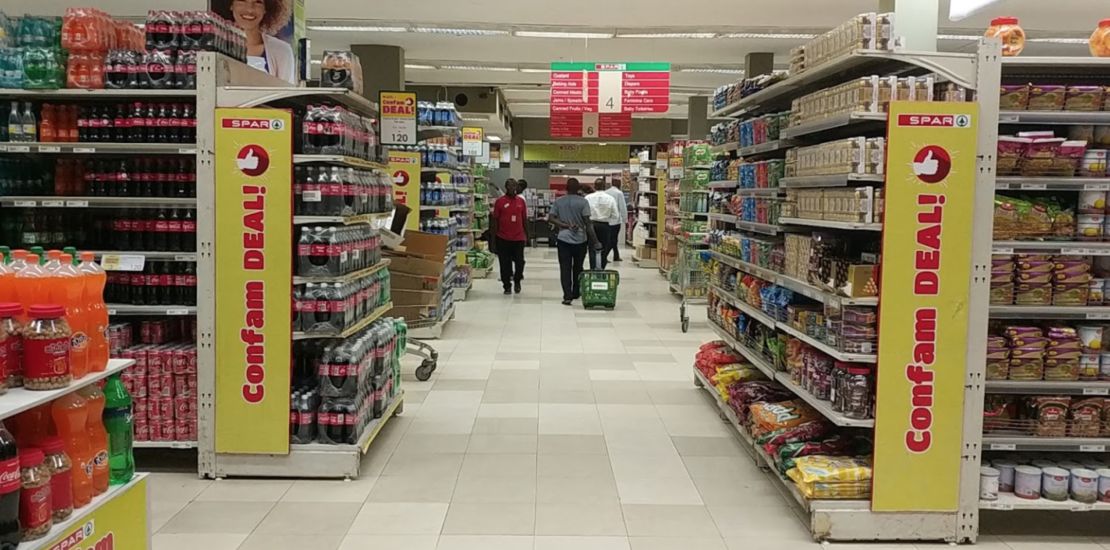- 08/07/2020
- Posted by: Julien Garcier
- Categories: Nigeria, SagaRetail, Supermarkets

During May, Haresh Keswani, CEO of Artee Group, which franchises the SPAR banner in Nigeria, told the Wall Street Journal that he had been forced to temporarily close five of its hypermarkets due to supply-chain issues: “Suppliers either don’t have the goods – they are not manufacturing or they don’t know how to get the goods to us. What is not getting through is a huge list: Are fruits and vegetables getting through? No. Is meat getting through regularly? No. There is not enough.” The newspaper noted that “Just 26% of Mr. Keswani’s orders are being filled by suppliers.”
SPAR Nigeria, which operates 14 hypermarkets with a total sales area of almost 45,000m2, saw its sales grow by 10.3%, to €129 million, during 2019. According to SPAR International, this growth came “despite currency challenges in the country.”
At the end of 2019, Amsterdam-based SPAR had 151 franchised stores in eight sub-Saharan markets, in addition to almost 900 outlets in South Africa . Sales per square metre in Nigeria stood at €2,866 in 2019, compared with figures of €4,837 in Namibia (its largest market in sub-Saharan Africa) and €4,932 in South Africa (its second-largest market globally).
The Sagaci Retail view: There is some comfort to be had for Nigerian supermarket operators in a SagaPoll survey conducted last month: It found that 66% of Nigerians had visited a supermarket during the four weeks prior to survey. This suggests that Covid-19 is driving consumers in Nigeria, where the penetration rate of modern retailers remains very low, to switch from traditional retail channels, such as open-air markets.
For a more detailed examination of Covid-related supply-chain issues in Nigeria, click here
If you want a detailed analysis of SPAR’s growth, operations, and strategy in sub-Saharan Africa, check out our SPAR Research Report

